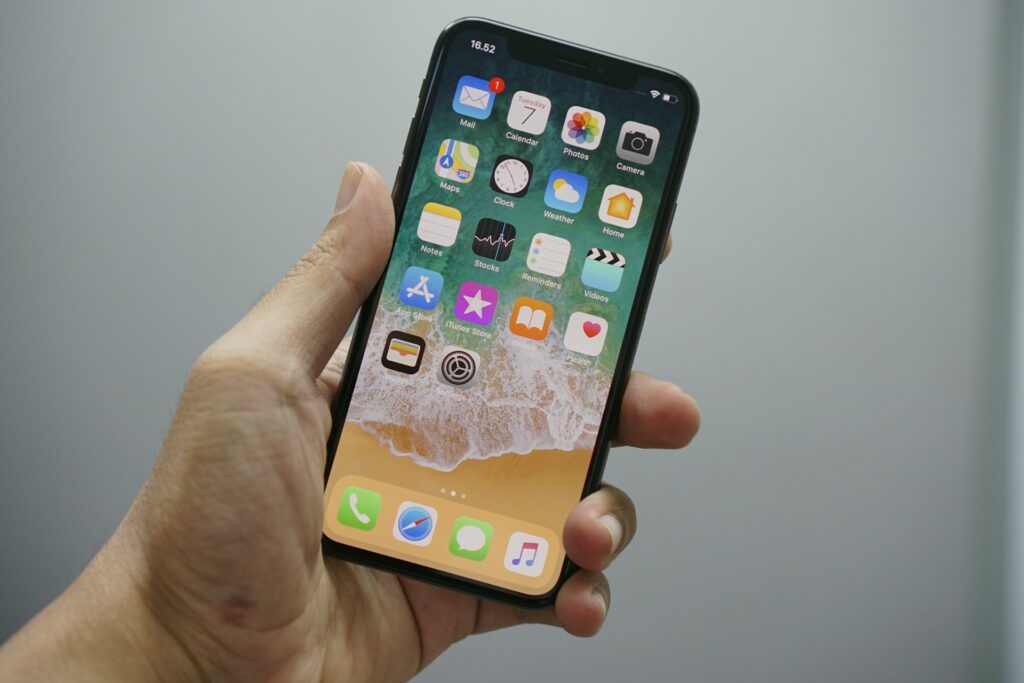
(Rightallegiance.com) – The FBI and the Cybersecurity and Infrastructure Security Agency (CISA) are urging Android and iPhone users to avoid sending unencrypted messages between the two operating systems. The hack, attributed to Chinese-affiliated actors and dubbed the “Salt Typhoon” breach, has raised alarms about vulnerabilities in global communication networks.
Scope of the Salt Typhoon Breach
The Salt Typhoon attack targeted telecommunications firms, gaining access to sensitive systems used for handling call records, live phone conversations, and the infrastructure managing court-ordered surveillance by law enforcement and intelligence agencies. According to federal officials, the breach’s scale and sophistication have made mitigation efforts particularly challenging.
Jeff Greene, Executive Assistant Director for Cybersecurity at CISA, described the scope of the intrusion as unprecedented. “The size of the breach is large enough that it’s impossible for agencies to predict a timeframe on when we’ll have full eviction,” Greene told NBC News during a press briefing. He emphasized the importance of encrypted communication to reduce vulnerabilities.
Encrypted Messaging Urged
Encrypted messaging systems are a crucial safeguard against cyber espionage, officials stressed. While Apple’s iPhone and Google’s Android operating systems offer encryption for communications within their respective platforms (iPhone-to-iPhone and Android-to-Android), messages exchanged between the two systems lack similar protections.
“Our suggestion, what we have told folks internally, is not new here. Encryption is your friend, whether it’s on text messaging or if you have the capacity to use encrypted voice communication,” Greene advised.
An unnamed FBI official also highlighted additional protective measures for mobile users. “People looking to further protect their mobile device communications would benefit from considering using a cellphone that automatically receives timely operating system updates, responsibly managed encryption, and phishing-resistant tools like multifactor authentication for email, social media, and other accounts,” the official stated.
Global Cybersecurity Warning
The Salt Typhoon breach has drawn international concern. On Wednesday, CISA, the FBI, the National Security Agency (NSA), and cybersecurity agencies from allied nations, including Australia, Canada, and New Zealand, issued a joint advisory about the attack. The statement revealed that actors affiliated with the People’s Republic of China (PRC) had infiltrated the networks of global telecommunications providers as part of a broad cyberespionage campaign.
The advisory also noted that the hackers leveraged their access to gather intelligence and compromise communications infrastructure on a massive scale. “PRC-affiliated threat actors have consistently targeted telecommunications systems for years as part of their strategic objectives,” the agencies warned.
Guidance for Telecom Firms
In response to the breach, federal agencies released a detailed guide for network engineers and communications infrastructure managers. The recommendations aim to fortify systems against exploitation by PRC-affiliated cyber actors and other malicious entities. While primarily designed for telecommunications firms, the guidance also applies to organizations managing on-premises enterprise equipment, offering best practices for bolstering network security.
The Salt Typhoon breach underscores the persistent threat posed by nation-state cyber actors and highlights vulnerabilities in unencrypted cross-platform communications. Federal agencies continue to urge the public and organizations to adopt encryption and robust cybersecurity measures to protect sensitive information and communications.